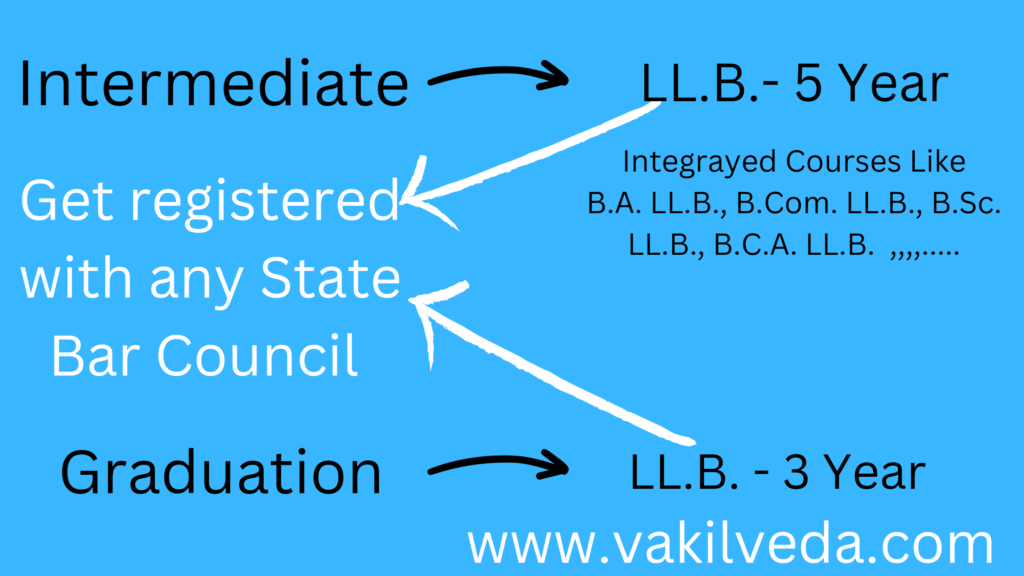
Definition of Advocate-
Academically the term Advocate can be defined as, “An Advocate is a person who is recognized/authorized by the Law to argue for the cause/issue of another person, especially before a Court of Law“.
In a diverse and urgent world, Advocates emerge as defenders, catalysts for transformative change, and amplifiers of marginalized voices. Advocacy inspires, challenges norms, and shapes a brighter future. Advocates embody resilience, empathy, and an unwavering dedication to empowering others. They transcend speaking for others, embodying empowerment, compassion, and determination. Advocacy spans various forms, from legal justice to social equality and healthcare advocacy. So, it becomes essential to know about them. We are going to explore the multifaceted realm of the Advocacy profession. We discuss defining qualities, diverse domains, and the process of fostering change.
Statutory Definition-
Section 2(1)(a) of the Advocate Act, 1961 defines the term as an “Advocate” means an Advocate entered in any roll under the provisions of this Act. “Roll” means a roll of Advocates prepared and maintained under this Act [Section 2(1)(k) of the Act 1961]. “State roll” means a roll of advocates prepared and maintained by a State Bar Council under Section 17 of the Advocate Act, 1961 [Section 2(1)(n)]. “State Bar Council” means a Bar Council constituted under section 3 of the Act.
Classes-
Section 16 of the Advocate Act, 1961 tells about two classes of Advocate. As per subsection (1) There shall be two classes of Advocates, namely, senior Advocates and other Advocates.
Senior Advocate– An advocate may, with his consent, be designated as Senior Advocate if the Supreme Court or a High Court is of the opinion that by virtue of his ability, standing at the Bar or special knowledge or experience in law, he is deserving of such distinction [Section 16 (2)]. Senior advocates shall, in the matter of their practice, be subject to such restrictions as the Bar Council of India may, in the interests of the legal profession, prescribe [Section 16 (3)].
Other Advocates- This includes all other Advocates whose names are under the rolls, prepared and maintained by the Bar Council of State as per the provisions of the Advocate Act, 1961. They are entitled to appear before any court of law/tribunal to present any cause/issue/case.
Eligibility-
Any person who is a Law Graduate [who has passed LL.B. (Legum Baccalaureus)] can fill out the Advocate Registration Form and submit the same to the concerned State Bar Council. Which is authorized by the Advocate Act, 1961 to register the names of a person as an Advocate. Also, maintain the same.
Integrated LL.B. (5 Years)- Integrated LL.B. can be pursued after passing the Intermediate Examination. The duration of the course shall be 5 Years. The 5-year LL.B. Course includes LL.B. integrated courses like B.A., B.Com., B.Sc., B.B.A., B.C.A., etc. It can be pursued from any National Law University by qualifying the CLAT(Common Law Admission Test) Examination, from any Central University, from any State University or from any Deemed University.
LL.B. 3 Year- 3 years LL.B. Course can be done after passing graduation from any stream. It can be pursued from any Central University, any State University or any Deemed University.

The history is self-evident of the fact that Advocates paved the way to society using their legal knowledge. Most of the Freedom Fighters were Advocates. Also, the majority of the members of the Constituent Assembly of India were Advocates. Sardar Vallabh Bhai Patel, Mr. Motilal Nehru, Pt. Jawahar Lal Nehru, Mahatma Gandhi, Dr Bhimrao Ambedkar all were very good Advocates. Advocates play a very pivotal role in bringing justice to needy people and making society more prosperous.



Pingback: What and how to Consult with an Advocate ? -
Pingback: Salary/Income of Advocates -
Pingback: How to get Registered as an Advocate?- Advocate Registration -
Pingback: JHARKHAND CIVIL JUDGE (PCS J) EXAMINATION -
Pingback: Oudh Bar Association to abstain from judicial work on 11.09.2023 -
Pingback: The Bar Council of Uttar Pradesh restores the protest -
Pingback: Joint Parliamentary Committee Report on Waqf Amendment Bill, 2024 -